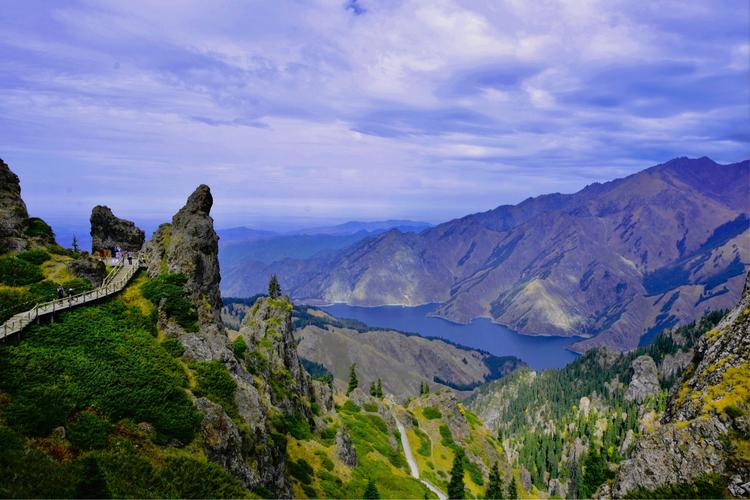Exploring the Intersection of Global Culture and Geography: Defining the Connection
Introduction
Culture and geography are two fundamental aspects that shape the world we live in. While culture refers to the shared beliefs, values, and practices of a particular group of people, geography encompasses the physical features of the Earth and their impact on human life. Looking at how these two fields intersect helps us understand the complex relationships between different cultures and how they are impacted by the geography of a region. In this blog post, we will explore this intersection and define the connection between global culture and geography.
The Connection: How Geography Shapes Culture
Geography plays a significant role in shaping culture. The geographical location of a group of people plays a crucial role in determining their way of life. For example, the nomadic lifestyle of the Bedouin tribe in the deserts of the Middle East has been shaped by the geography of the region. They are known for their expertise in navigating the harsh desert terrain and for breeding camels, which serve as their primary mode of transportation in the deserts.
Similarly, geography also determines the availability of resources that shape cultures. For example, the Inca civilization in Peru developed a sophisticated system of agriculture that utilized the unique geography of the region, which included the Andes Mountains and the Amazon basin. The terraced farming techniques allowed them to cultivate crops that fed large populations in the region.
The Impact of Culture on Geography
Culture also has a significant impact on geography. The built environment, urban structures, and infrastructure of a place are shaped by the culture of the people inhabiting that region. For example, the cities in the West are characterized by grid-like street patterns, while the cities in the East have winding streets that reflect their cultural values of privacy and intimacy.
Cultural values also affect the use of land and resources in a region. For example, the sacred status of the Ganges River in India has led to the development of religious rituals and practices that depend on the river’s water. Similarly, in many parts of the world, indigenous cultures have a deep connection with their land and natural resources, and their way of life is closely tied to the environment.
Cultural Exchange
The intersection of culture and geography also enables cultural exchange and promotes the diffusion of ideas. Cultural exchange refers to the exchange of cultural practices, customs, and traditions between different regions. The exchange may occur through trade, migration, or tourism. Each cultural exchange creates a new hybrid of cultures, which leads to new cultural practices and customs.
For example, the spread of Bollywood movies across the world has led to the popularity of Indian music and dance forms worldwide. Similarly, the popularity of K-Pop music from South Korea has led to the spread of Korean culture around the world.
Conclusion
The intersection of global culture and geography is a fascinating subject that sheds light on how people worldwide have adapted to their physical environment. It highlights how geography shapes cultures and how cultures, in turn, shape geography. It also emphasizes the importance of cultural exchange and how it has led to the development of new cultural practices and customs worldwide. By understanding this connection, we can appreciate the beauty and diversity of the world we live in and work towards creating a more globally connected society.
(Note: Do you have knowledge or insights to share? Unlock new opportunities and expand your reach by joining our authors team. Click Registration to join us and share your expertise with our readers.)
Speech tips:
Please note that any statements involving politics will not be approved.
